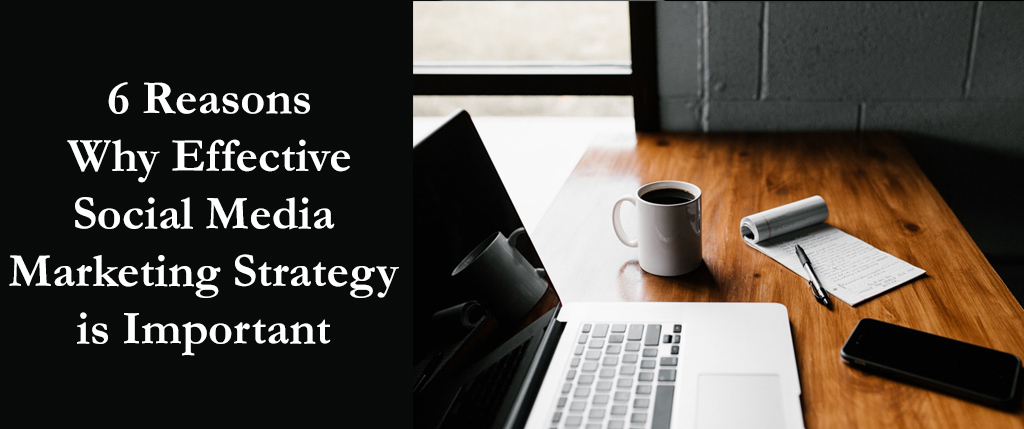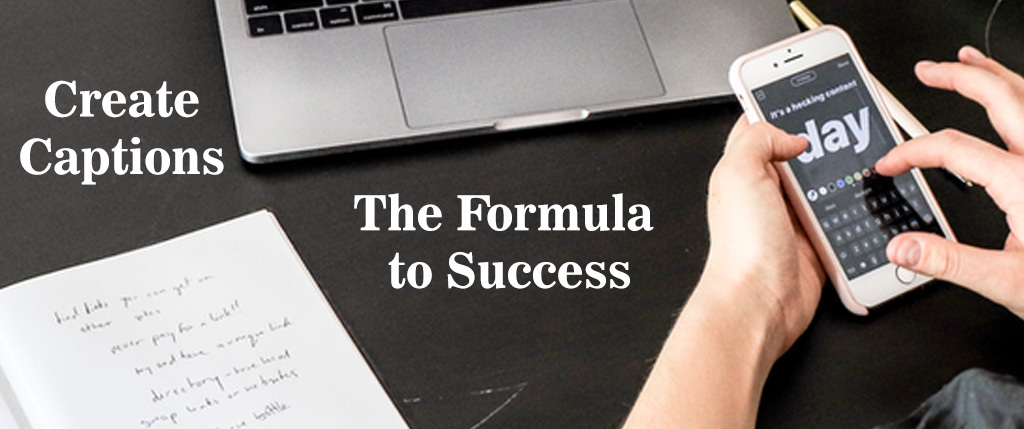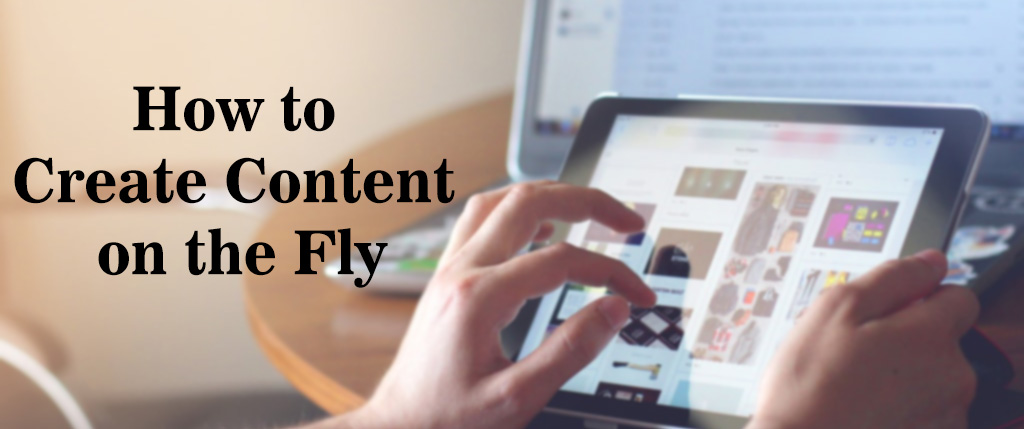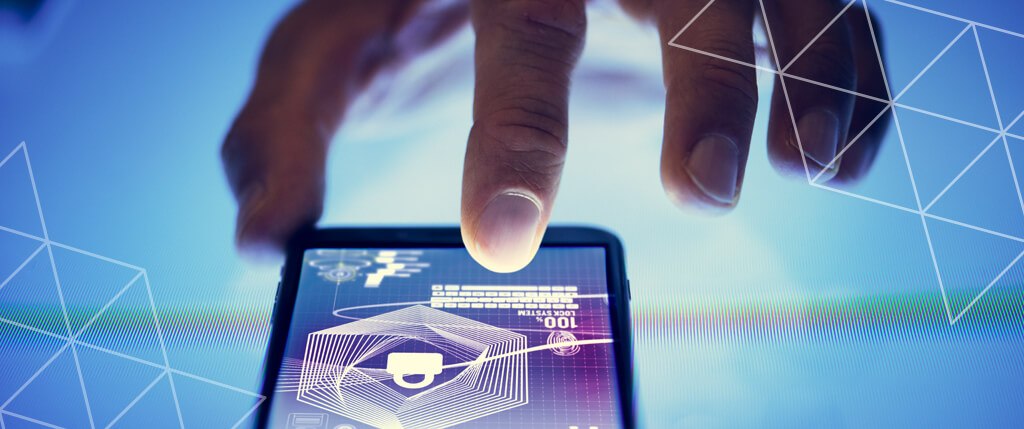
Have you ever thought – Why do we spend so much time on social media? Is it to find out about where our friends are holidaying, their relationship status, to get more likes, shares or comments on our posts, or is to prove ourselves that we are cooler than our friends or simply because you feel like you will miss out on the action?
Whatsoever the reason, it’s an easy platform for some virtual competition with friends and acquaintances, indulging in self-love with selfies and pictures on personal activities and of course, connecting & sharing views with relatives and friends !
With the rise of social media networks like Facebook, Snapchat, Instagram and Twitter, we’ve come to spend more time and rely way more on social media for news and views than on real people.
However, personal information such as your location details or forthcoming plans are all up there – to be viewed by anyone & everyone, it runs the threat of being used by strangers for their ulterior motives.
Technology is moving at a really fast pace and so are apps, sites and spywares that steal your personal data, hack your passwords, induce viruses in your devices and introduce newer, more advanced phishing scams by the day.
But why fear third party sites when trusted social media networks monitor and store data without your permission?
It’s better to stay safe than sorry when exploring the virtual world.
Here are some ways you can —
Protect your password
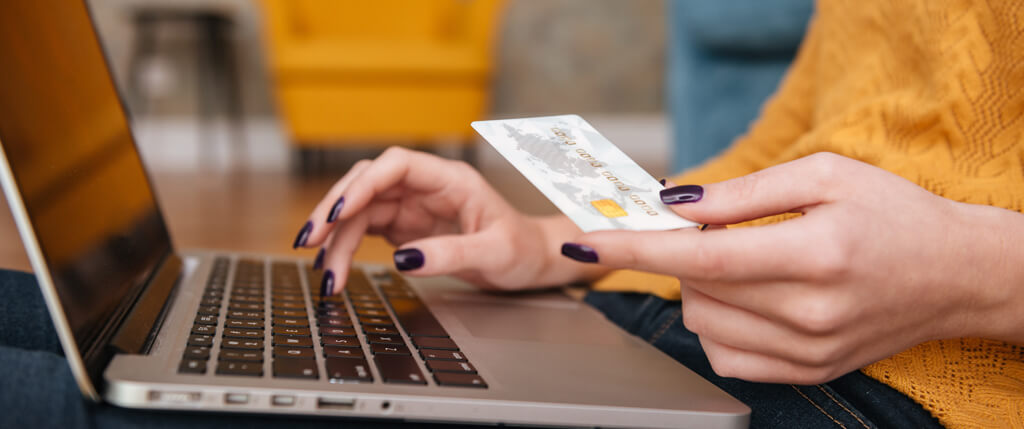
Using details like your date of birth, birthdays, anniversary, best friend or partner’s name can be easy to track. And so it’s a big no no!
Instead use alphanumeric characters, symbols and capitalize letters in your password to make things more complicated for a potential hacker or malicious people.
Follow this simple technique and don’t forget to use different passwords for different sites — or, even better – use the same password with different symbols and numbers! How cool is that?
Avoid sharing locations and travel plans
Imagine you telling the whole world that your house is going to be empty for a whole week! You are practically endangering yourself, your home or business by telling people on your social media network about where you’re planning to travel, your itinerary, people travelling with you, when will you be back and other such details.
It may sound melodramatic but kidnappers, thieves and burglars take this as a privileged opportunity to pry on your whereabouts to eventually steal your valuables or put your life to danger!
Private Information is not for Public Viewing

It’s up to you to share as much data you want everybody in your friend list to know about.
Use the privacy settings on your sensitive personal information to restrict others’ access to this data.
Even better – block strangers messaging you on social media sites using advanced privacy settings. Put a check on those snooping eyes right away!
Think twice before putting across your home address, phone number and email ID on your social media site forms. Or even pictures that reveal too much about your or your loved ones’ identity and location!
Better safe than sorry with cyber criminals, stalkers and identity thieves lurking around your social media walls!
The Incognito mode is there for a reason
When social media sites, notorious people and businesses are ready to track & oversee your online behaviour to analyse and trace it all down to your personality, likes, dislikes, ambitions and desires, using a little anonymity can go a long way in your security. The Incognito Mode on Google Chrome helps you achieve that! Your Browsing and Download History is not recorded on Incognito. Therefore it becomes a great option when using a public computer in a library, cafe or the like. Any financial info you type or your email login data will not be saved on the computer. You can also use this feature on any phone or tablet.
Additionally, installing extensions on your browser is an efficient way to at least have the choice to enable or disable trackers and cookies that access your info.
Install a good Anti-virus Software

Make sure the anti-virus and anti-spyware you install on your personal devices protect you from malware, virus and all kinds of spyware. Renew and update it against all the latest and emerging malware practices. Also update your apps, browsers and OS to stay protected.
Stop following recommended settings blindly
You may be asked to view some sites or add some friends a social media site suggests you to, but does that strictly mean that you have to do as recommended? Like in the real world, even in the online community popularity is based on how visible you are to the world around you and how much people talk about you and your actions. But these cornerstones of societal interactions are not greater than your safety!
Think about it this way:
When social media sites offer you the option to manage the visibility of your posts by making them visible either to everyone, to friends or only to you, do the mental test of which posts your grandparents or elders in your family would approve of!
If you think they too will enjoy your posts, (if you have them on your friend list, that is!) only then make them visibly public. If you think they would cringe at your post, it’s safer to keep it visible just to you.
After all, social media networks are not college campuses where your popularity would make you a hero and your life is not a game attackers can play with!
Do you use random Wi-fi connections on your personal devices?
When internet has captured our lives and our very existence to the extent that we cannot think of spending a moment without Wi-Fi connection. Businesses like restaurants, cafes, hotels, lounges, shopping complexes and even public transport means like metros offer free Wi-fi connections.
But are they secure? Or is somebody being an overwatch on the internet traffic at these public places?
Even when using public Wi-fi or a hotspot, choose not to give out any personal data. Logging into your email accounts, chatting with a friend on messenger apps or checking your bank details on public Wi-fi can be more risky than you think!
***
Social media sites enable you to stay connected with your friends, relatives and family – all under an umbrella platform! Let it just be for that and; “keep private information private!”
Your safety is in your hands!
This stands true literally in the context of your online identity. There’s a thin line between the real world and the synthetic realities that we are heading towards!
